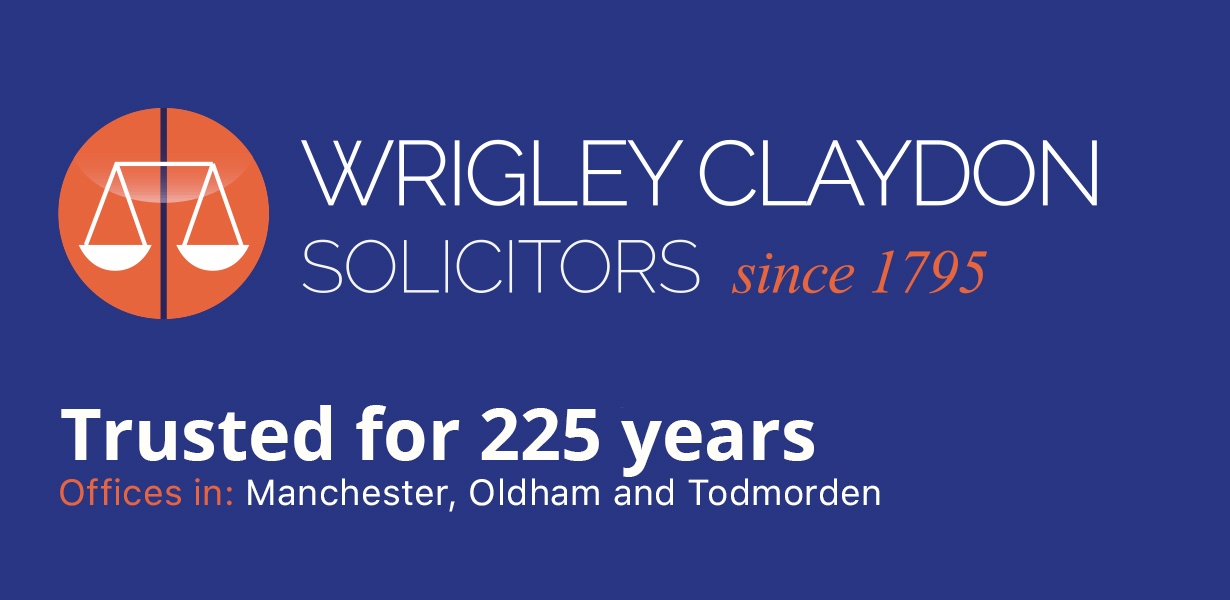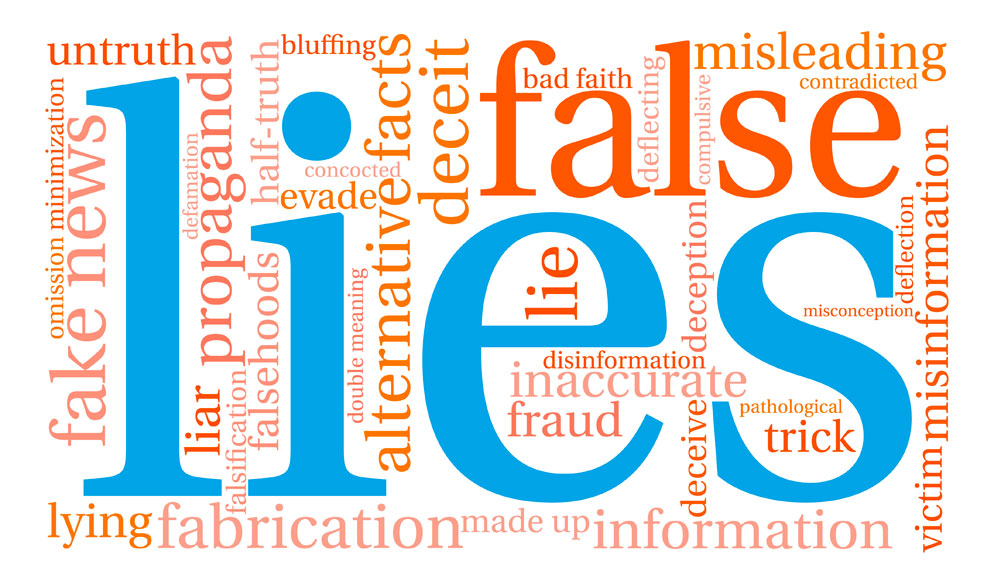What is the process of resolving a defamation matter?
There are several ways you can attempt to resolve a defamation matter, including the following:
Sending a cease and desist letter
The first attempt of having a defamatory statement removed, so it no longer causes any problems is by issuing what is known as a cease and desist letter. This demands that the individual or group responsible, entirely removes the content and ensures no further defamatory statements are published in the future.
Defamation injunction
If a defamatory statement has already been published and you suspect it is highly likely that another will be published, then it is possible to apply to the court for an injunction. A defamation injunction prevents any more defamatory statements from being made.
If an individual breaks the injunction, they could be liable to receive a fine or even be imprisoned.
Pre-action protocol for media and communication claims
A pre-action protocol is the step prior to court proceedings and is an alternative way to resolve a dispute without the need to go to court. It’s there to encourage the parties to attempt to find an outcome outside of court by having a productive discussion.
Civil proceedings
During defamation cases, there may come the point where civil court proceedings are necessary, especially when you have attempted everything else without success.
How much can you claim for defamation?
Like most claims, how much you can claim for will entirely depend on the circumstances surrounding the defamatory statement and the impact it has had.
Once it has been proved that the statement was defamatory, the affected individual or business will be eligible to make a claim and receive defamation compensation. The compensation received should generally cover the damage to their reputation and take into account any distress and humiliation that they have suffered as a result of the statement.
The court will take into consideration certain factors when making a calculation of what defamation compensation the claimant can receive, including:
The seriousness of the libel or slander – such as the impact it has had on the individual or businesses reputation
The extent of the publication – for example, how many people have seen the defamatory statement
Suffering a dispute can have serious implications on you and your livelihood. Our litigation solicitors will quickly and efficiently put your case together and act on your behalf. Call Vijay Srivastava or Shalish Mehta in the litigation department on 0161 624 6811(Option 6) or email vjs@wrigleyclaydon.com or sm@wrigleyclaydon.com. We can advise you on the appropriate course of action and assist with any legal documents or proceedings that may occur.


